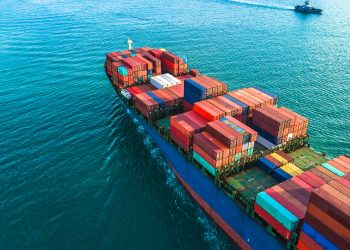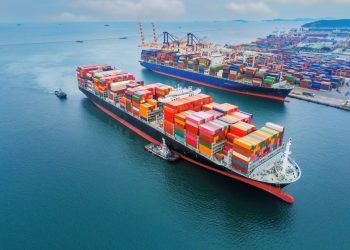- Anticipated Arctic development and its increased potential for oil spills in the region drive the need to improve understanding of current environmental conditions, as well as possible changes to ecosystem parameters in response to a spill. Examples of types of benchmark data needed for oil spill response in the Arctic include abundance and distribution of fish, birds, and marine mammals, and identification of rates of change for key species.
- There is a need for a community-based, multiuse observing network in the Arctic that provides long-term, accessible benchmark information (e.g., physical conditions, biological observations, maritime activity) to support oil spill response and other activities. Current Arctic observing networks are fragmented and do not provide a comprehensive regional view. Effort also needs to be devoted to integrating available data from different groups. Such a system could be a collaboration of federal, state, and tribal governments; non-governmental organizations; and maritime and oil/gas industries, and could be organized by IARPC.
- The release of proprietary monitoring data associated with exploration activities would further increase knowledge of Arctic environmental conditions and baselines. Making industry and government data more freely available and increasing transparency would bolster the public perception of industry-sponsored research, as would publishing such data in peer-reviewed publications. Where appropriate, communities could also release data that they hold regarding important sites for fishing, hunting, and cultural activities.
- High-quality nautical charting is essential for marine traffic purposes and oil spill response in the Arctic. However, shoreline topographic and hydrographic data are mostly obsolete, with limited tide, current, and water level data and very little ability to get accurate positioning and elevation. Data from sources outside NOAA’s Office of Coast Survey (e.g., other federal agencies, state agencies, academic research vessels, commercial vessels) could help to fill gaps in data collection.
- Ice data and charts are critical needs for marine traffic purposes and for oil spill response efforts. Ice thickness, concentration, and extent need to be integrated into operational use.
- Though much is known about the oil behavior and response technologies in ice-covered environments, there are areas where additional research is needed to make informed decisions about the most effective response strategies for different Arctic situations. In addition, there is a need to validate current and emerging oil spill response technologies on operational scales under realistic environmental conditions. A systematic program of carefully planned and controlled field experiments that release oil in the U.S. Arctic is needed to advance understanding of oil behavior and response options.
- Well-defined and tested decision processes for oil spill countermeasure deployment are critical to expedite review and approval. Decision processes need to include rapid research on countermeasures and be exercised regularly. The oil spill response toolbox requires flexibility to evaluate and apply multiple response options, whether on their own or concurrently. No single technique will apply in all situations.
- Marine activities in U.S. Arctic waters are increasing without a commensurate increase in the operations, logistics, and infrastructure needed to conduct these activities safely. U.S. support for Arctic missions, including oil spill response, requires significant investment in infrastructure and capabilities, such as transportation, communication, energy and fuel, electricity, housing/berthing, navigational aids, charting, port access, ice forecasting, ship repair and salvage.
|


































































